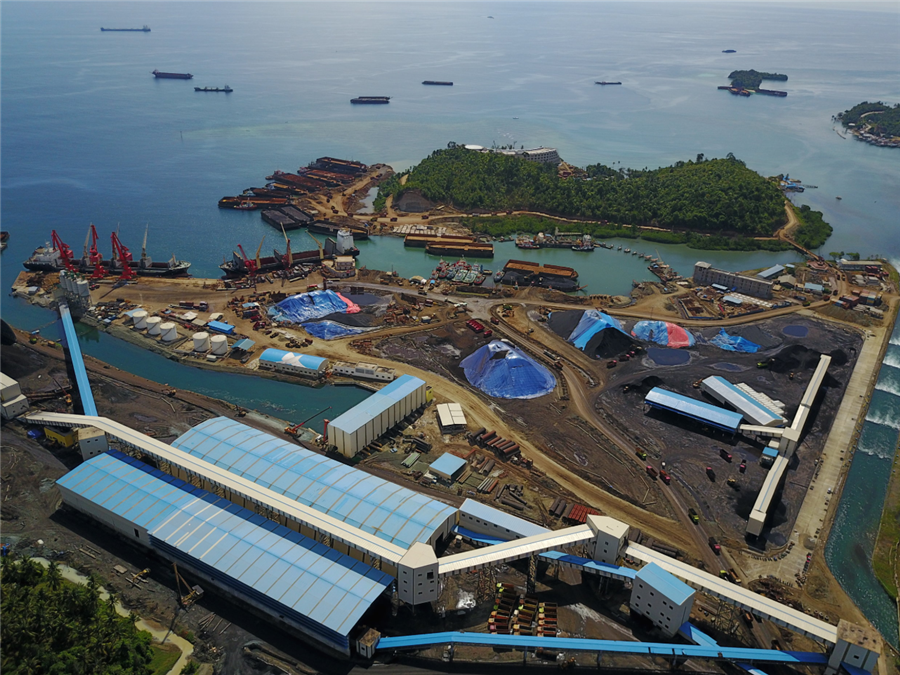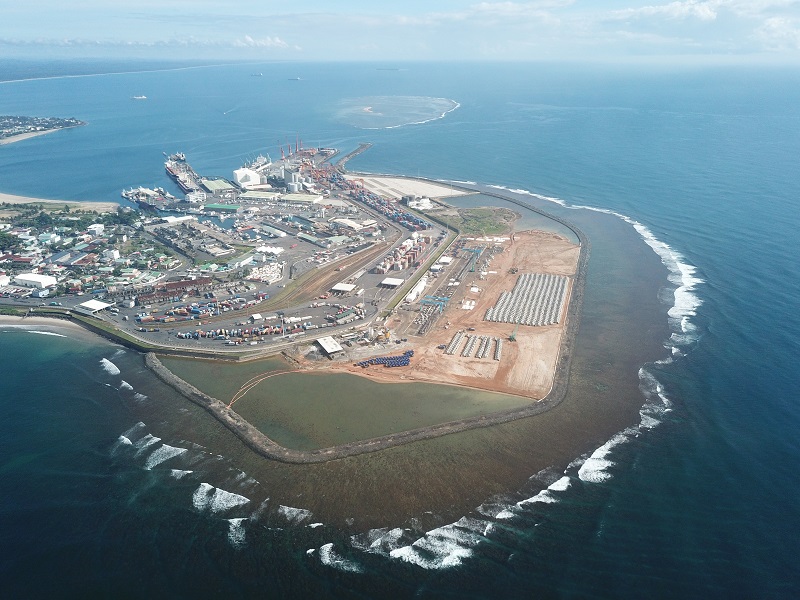Nickel shortage in view unless China-led projects in Indonesia succeed — analysts

The global nickel market and its key growth sector, electric vehicle (EV) batteries, will face grave supply shortages unless key Chinese-led projects in Indonesia start up in a timely and cost-effective manner, analysts said on Thursday.
The outlook, issued by delegates attending an industry gathering, comes after China’s Tsingshan Group last year surprised the market with a low-cost estimate and short time frame to launch a $700 million high pressure acid leaching (HPAL) plant with partners on the Indonesian island of Sulawesi. HPAL is a process used to extract nickel from laterite ore.
Tsingshan’s ambitious project targets production on Sulawesi – including of 131,000 tonnes of nickel sulphate crystals – by the end of 2020. At the same time, the company is working on another new Indonesian nickel project, at Weda Bay alongside Zhejiang Huayou Cobalt.
“The real issue is how quickly the Chinese investors and technology can deliver these projects to the market” — Macquarie
“The real issue is how quickly the Chinese investors and technology can deliver these projects to the market,” Jim Lennon, senior commodities consultant at Macquarie, told the Fastmarkets Battery Materials conference in Shanghai.
Chinese investment in Indonesia is based on its successful development of the Ramu nickel and cobalt HPAL project in Papua New Guinea, said Lennon, but the technology still needs to be successfully transplanted to Indonesia.
Macquarie sees the world needing an incremental 1.3 million tonnes of nickel over the next 10 years. But Lennon said the real number would be 1.45 million tonnes, due to expected depletion of stocks.
“If these projects don’t deliver, there’s not going to be enough nickel,” Lennon said.
Ken Hoffman, leader of the McKinsey EV battery materials research group, concurred that Ramu has been a “phenomenal success” that battery companies hope can be replicated. “But if it cannot…this industry is going to be in serious trouble,” he said.
“From the EV standpoint, there is a lot of concern…but you don’t see that sense of urgency from many senior mine managers, who want the nickel price to be over $20,000 a tonne before committing to any big investment,” he said.
Nickel prices on the London Metal Exchange are currently trading at just over $13,000 a tonne.
“When you talk to the battery companies and the auto companies, they are petrified about supply because they don’t see it coming on line,” Hoffman said.
Alex Khodov, principal nickel analyst at Russian giant Norilsk Nickel, said the market would need more nickel than the volumes expected to come from Indonesia.
He said HPAL projects outside of Indonesia would require a “significantly higher incentive price of at least $20,000” a tonne.
(By Tom Daly; Editing by Kenneth Maxwell)
More News
{{ commodity.name }}
{{ post.title }}
{{ post.date }}




Comments